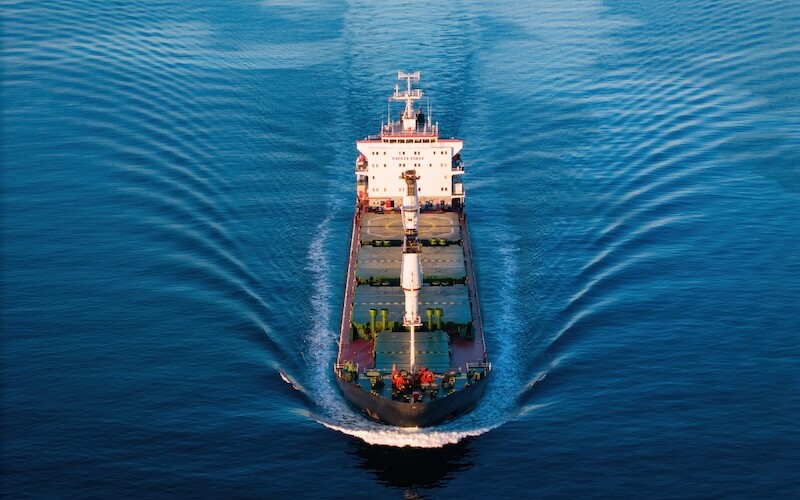Major dry cargo commodities tracked by the U.S. Customs District in New Orleans dropped 12.5% during the third quarter, according Criton Corp.’s River Transport News.
Aggregate imports of the dry commodities totaled 4.675 million metric tons during 2024’s third quarter. “These volumes were down 12.5[%] from comparable year-ago imports of 5.345 million metric tons. Third quarter 2024 New Orleans Customs District imports also declined by 8.5[%] from the prior quarter, when import volume totaled 5.109 million metric tons,” the report said.
Here are some other highlights from the RTN report:
• Aggregate imports of steel and steel sector raw materials totaled 1.856 million metric tons during the most recent quarter, down from 1.988 million metric tons imported during the same year-ago period. Steel imports improved slightly from the 1.793 million metric tons imported during the prior quarter.
• Cement imports during the third quarter totaled about 500,000 metric tons. While volume was down slightly from the year-ago total of 527,700 metric tons, third quarter volumes were the highest yet so far in 2024.
• Imports of fertilizer fell to 1.421 million metric tons from 1.729 million metric tons imported during the comparable year-ago period.
• Salt imports remained depressed by historical standards totaling 109,900 metric tons. Salt imports have been extremely depressed this year as salt stockpiles used for highway deicing are comparatively full following last year’s relatively mild and dry winter in the Midwest.
Marad announced that $4.85 million in grants have been awarded to five marine highway projects across the nation via the United States Marine Highway Program (USMHP). The funding is intended to enhance the movement of goods along U.S. navigable waterways while expanding existing waterborne freight services.
The goal of the grants is to expand the use of the nation’s navigable waterways to relieve landside congestion, support new and more efficient transportation options, and enhance performance of the surface transportation system, Marad officials said. The program works with public and private stakeholders to achieve that goal.
One of the recipients, Tidewater Barge Line Inc., Vancouver, Wash., was awarded $454,436 to support expanded barge service between Tidewater’s terminal in Vancouver and the Port of Morrow, Ore. The award will be used to acquire a low-emission container handler, enabling the barge company to divert additional volumes of containerized municipal waste from clogged highways to the United States Marine Highway Route M-84.




